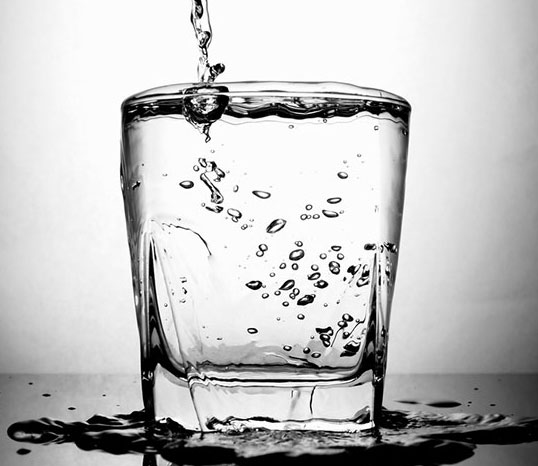 Madison County Health Department is nearing the end of its first year of free testing of residential onsite water systems. The results show approximately 3 out of 10 private wells or other onsite water systems may be vulnerable to contamination and not safe for drinking in Madison County.
Madison County Health Department is nearing the end of its first year of free testing of residential onsite water systems. The results show approximately 3 out of 10 private wells or other onsite water systems may be vulnerable to contamination and not safe for drinking in Madison County.
“If you haven’t tested your well water in over a year, give us a call,” said Geoffrey Snyder, Director of Environmental Health.
Through a grant provided by the Centers for Disease Control and Prevention, the Madison County Health Department is providing FREE testing of residential wells, and other self-supplied water sources (also called individual onsite water systems) to Madison County residents.
“As we near the end of the first year of our program, we have sampled close to 100 private water systems,” said Snyder. “The most common problem observed is the well cap is either missing, broken or does not provide a sanitary seal; making the well vulnerable to contamination from insects, rodents, and surface water runoff.”
The contamination risk of a well depends on a variety of factors, including — its construction, location, depth, water source protection, and treatment system performance. The type of soil, rock or other environmental conditions in an area may also affect the quality of private drinking water systems. Local activities including industrial, agricultural, and human activities in an area, could potentially impact the quality and safety of the water you drink.
Madison County Health Department recommends testing your individual water system yearly for total coliform bacteria and nitrate or:
- Whenever you notice a change in taste or color of the water;
- After work on the water system;
- If you notice the well cap is not secure;
- If you notice standing water around your well
Primary funding for this free water testing program is provided through cooperative agreement CDC-RFA-15-1507 between the U.S. Centers for Disease Control and Prevention and the Madison County Department of Health.
To learn more about this free testing service for eligible Madison County residents, call Madison County Health Department at 366-2526 or learn more online at healthymadisoncounty.org.

